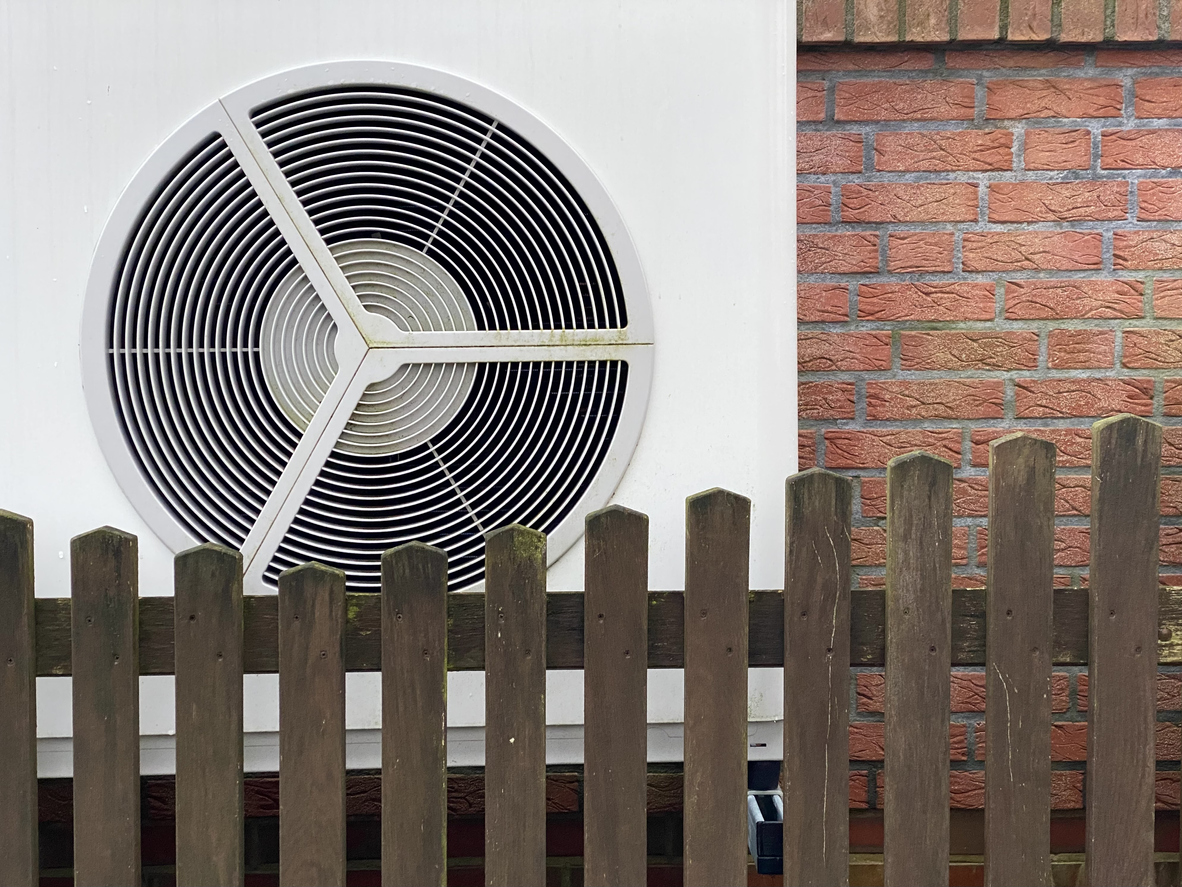Heat Pump Vs Air Conditioning
Although Ontario is known for its chilly winters, in more recent years, the summers have gotten hotter, leading homeowners to seek out cooling solutions for their homes. If you’re considering a new cooling system, you may have come across heat pumps vs air conditioning systems during your search, which has led you to question which type of system would be better for your home.
Luckily, with years of experience, the team at M&K Heating and Air Conditioning is the perfect candidate to answer this question and provide you more insight into these types of cooling systems. Therefore, if you want to learn more about heat pumps and air conditioning systems before having either installed in your home, keep reading!
Which is better, the air conditioner or the heat pump?
The decision between an air conditioning unit and a heat pump is based on your unique requirements, climate, and circumstances. Consider the following key points:
· Function: Air conditioning units are only designed to provide cooling, whereas heat pumps can provide cooling as well as heating. If you need both cooling and heating, a heat pump offers the convenience of one system rather than two.
· Energy efficiency: Heat pumps are well-known for their high energy efficiency ratings. When compared with conventional air conditioners combined with separate heating systems, this can result in savings on energy costs.
· Climate considerations: Heat pumps are highly effective in mild climates, but their cooling capacity may decrease in scorching environments. Air conditioner systems, on the other hand, can provide consistent cooling regardless of the outside temperature.
· Initial costs: Due to their additional components and capabilities, heat pumps typically have a higher initial cost than air conditioners. However, the energy savings provided by a heat pump can offset the expensive initial investment over time.
Finally, the choice between air conditioning and a heat pump is determined by your specific needs, climate, and financial constraints. Consulting with HVAC professionals can assist you in evaluating your needs and selecting the best option for your particular situation.
Are heat pumps quieter than air conditioners?
Both heat pumps and air conditioning units have different noise levels, and it's difficult to say that one is always quieter than the other. The amount of noise generated by these appliances is determined by several factors, including the particular model, its size, installation quality, and operational circumstances.
Modern heat pumps and air conditioning units are generally more energy-efficient and quieter than older models. Noise levels have been reduced by manufacturers integrating sophisticated innovations such as variable-speed air compressors and enhanced insulating properties. However, some heat pumps may be quieter than certain air conditioner models, while others may be the opposite.
Furthermore, noise level perception is subjective and can differ from person to person. What one person considers quiet, another may be considered noisier. If noise reduction is important for you, it is best to consult with HVAC professionals who can help you choose the best system to meet your specific noise requirements. At the same time, staying up to date on maintenance and repairs is critical to ensuring the optimal performance of either unit.
Do you still need an air conditioner with a heat pump?
A heat pump can usually meet the cooling needs of any home, which will eliminate the need for a separate air conditioning unit.
However, there are a couple scenarios in which a separate air conditioner may be required in addition to a heat pump:
1. Extreme weather: In regions with particularly hot climates, where temperatures routinely exceed the heat pump's capacity for cooling, an air conditioning unit may be needed to supplement cooling needs during peak summer months.
2. Backup cooling just in case: Some homeowners opt for a backup air conditioning unit in the event that the heat pump needs repairs or servicing, ensuring unrestricted cooling during those times.
Finally, whether or not to use a separate air conditioning system in conjunction with a heat pump is determined by factors such as climate, specific cooling needs, and individual preferences.
How long do heat pumps last?
Heat pump units have an average lifespan of 15 to 20 years. That said, the actual lifespan of a heat pump may differ depending on a number of factors, including the unit's quality, the level of maintenance it gets from the time that it is installed, and the circumstances under which it is used.
High-quality heat pumps that are maintained properly and run in favourable conditions have the potential to last for more than 20 years. Lower-quality units or those exposed to harsh operational conditions, in contrast, can have a shorter service life and experience a lot more damage.
Cleaning or replacing air filters, inspecting and cleaning coils, and ensuring proper refrigerant levels can all help to extend the life of a heat pump. However, it should be noted that these tasks must only be performed by a professional HVAC technician, given the complex nature of heat pump equipment. Furthermore, proper protection and insulation from severe weather may contribute to its longevity.
It is important to note that engineering advancements and improvements in heat pump design may result in increased longevity and reliability in newer models. But again, your equipment will only be reliable if you take proper care of it. As a result, it's always a good idea to partner with a professional HVAC company that can provide you with recommendations for the specific heat pump model you're thinking about buying or installing in your home.
Are you thinking about installing a heat pump unit in your home? If so, M&K Heating and Air Conditioning are prepared to help! Homeowners in the London, Ontario, community and surrounding areas can improve their interior comfort while saving money thanks to our years of experience and a large selection of high-quality heat pumps.
Call today to schedule a consultation appointment with our home comfort advisors! We look forward to working with you to improve the interior comfort of your home!




